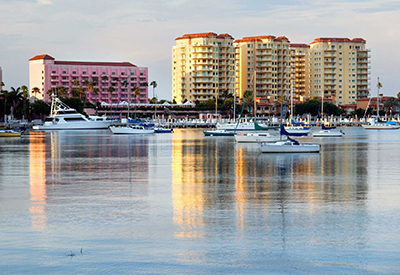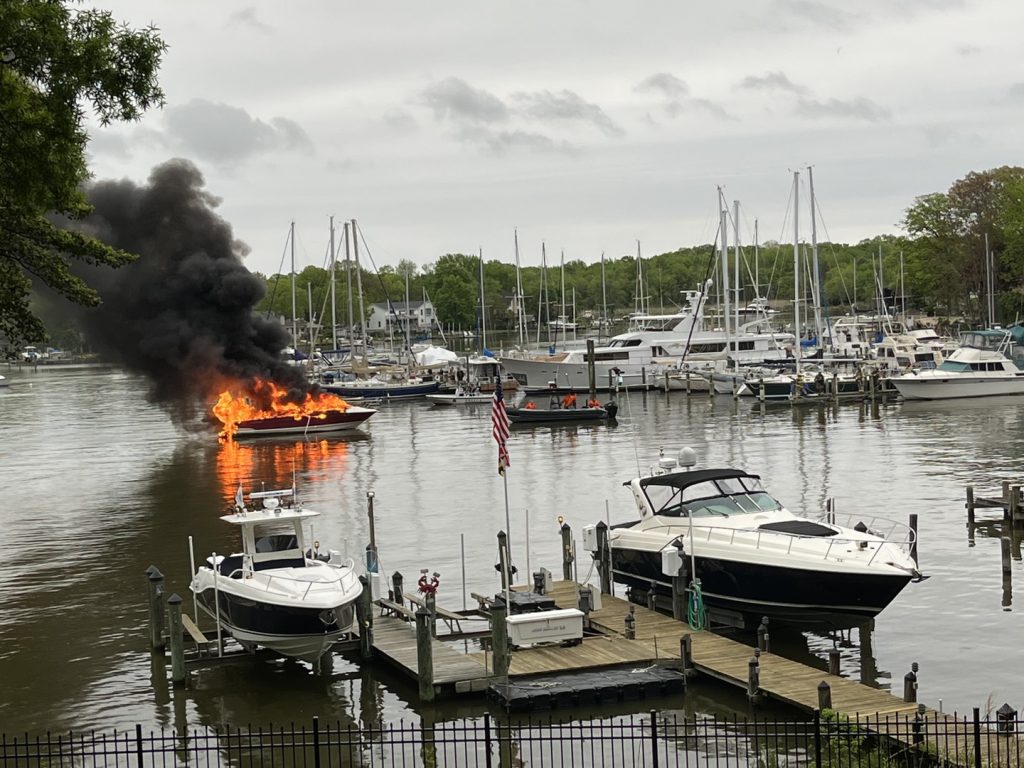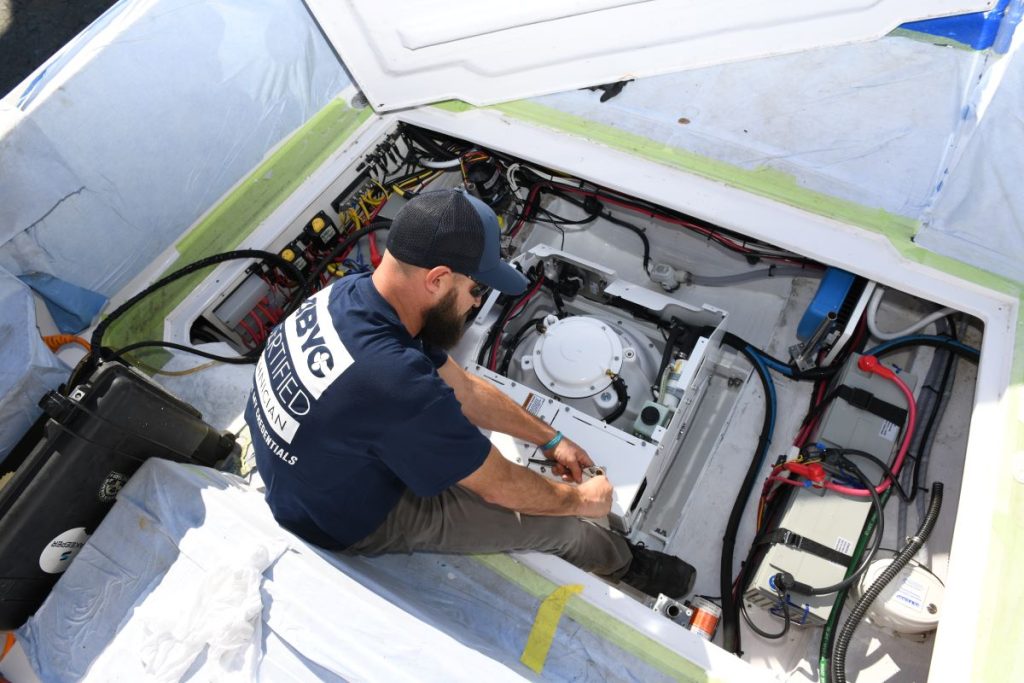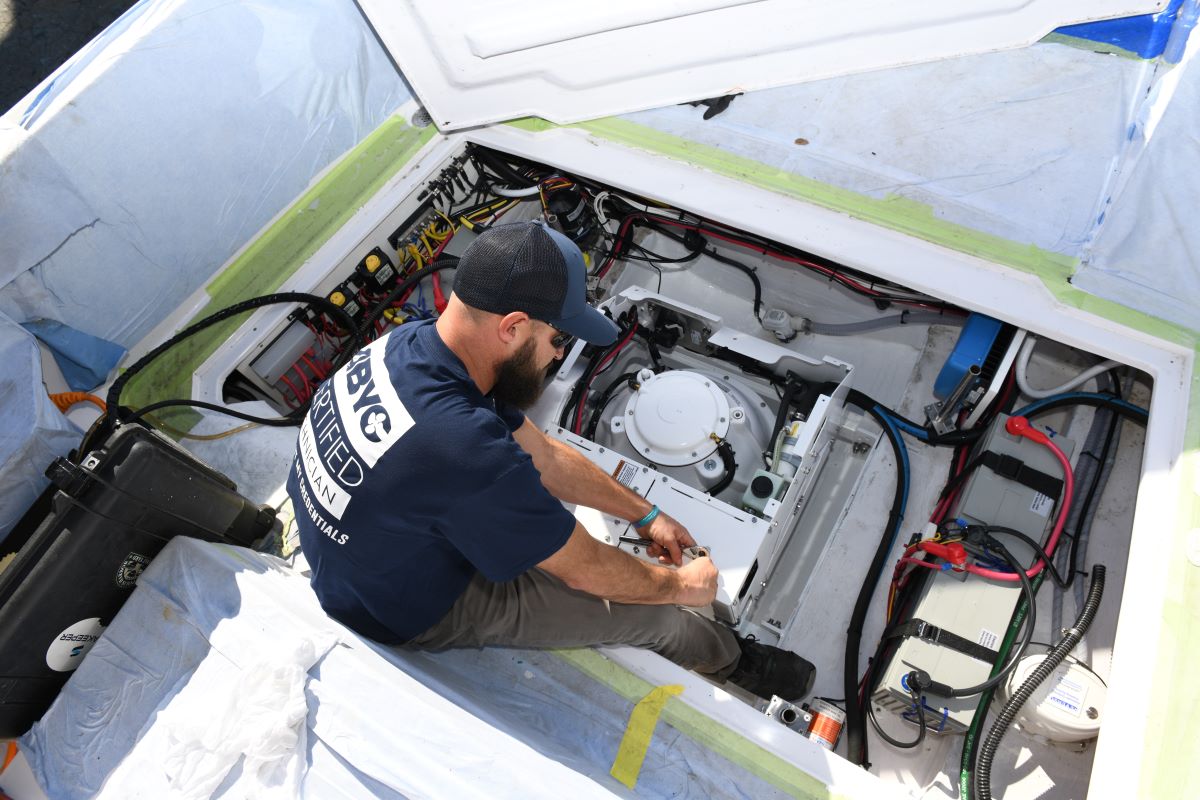FLORIDA BILL STRENGTHENS DERELICT VESSEL FIGHT

June 30, 2017
BoatUS applauds the passage of Florida HB 7043 that promotes sound public access and helps address the sunshine state’s derelict vessel issue.
The results of an eight-year pilot program in the United States are in, and Gov. Rick Scott and the Florida Legislature have acted. Boat Owners Association of The United States (BoatUS) congratulates the governor and legislators on the passage of HB 7043 that promotes environmentally sound public access and helps address the issue of improperly stored, abandoned or derelict vessels. “These are sound regulations supported by responsible boaters,” said BoatUS Manager of Government Affairs David Kennedy.
When the pilot program was enacted in 2009, a patchwork of local anchoring regulations sometimes made stopping difficult. Some boaters reported fearing a visit from law enforcement advising that they had “overstayed” their visit and needed to move on.
Conducted by Florida Fish and Wildlife Conservation Commission (FWC) and five local governments including the City of St. Augustine, City of Stuart/Martin County, City of St. Petersburg, City of Sarasota and Monroe County/Marathon/Key West, the pilot tested a variety of methods of regulated anchoring, while still protecting the anchoring rights of the active cruising public. It also sought to reduce the growing population of derelict vessels in the state.
Some of bill’s measures include:
• providing commonsense anchoring regulations in and around mooring fields and waterway infrastructure.
• broadening the definition of a “derelict vessel”; for boats in use, adding new penalties for those whose vessel registration is expired beyond six months; and making it illegal to affix a vessel to an unpermitted, unauthorized or otherwise “unlawful object,” affixed to the bottom of the waters of the state. This could include an unpermitted mooring or an old engine block.
• giving local governments the option to require proof of pumpout after vessels have been anchored for 10 days or longer in federally managed no-discharge-zones (portions of the Florida Keys and waters off Destin).



























